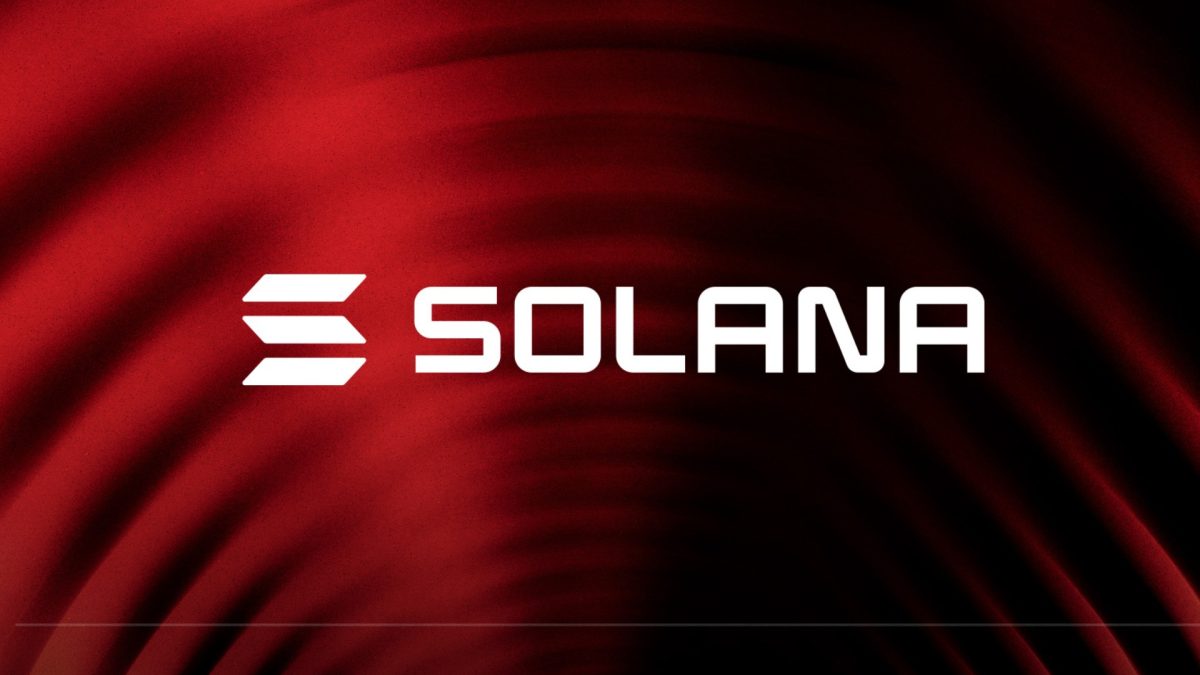Paradigm leads $6 million seed round for Harmonic, aiming to help Solana reach Nasdaq speed
Quick Take Harmonic, a Solana infrastructure startup developing an open block-building system, has raised $6 million in a seed funding round led by Paradigm. Harmonic says it is the first startup to allow Solana validators to source blocks from multiple competing builders in real time, unlocking greater speed for the blockchain.

Harmonic, a Solana infrastructure startup developing an open block-building system, has raised $6 million in a seed funding round led by Paradigm.
The round also includes an angel round from undisclosed "key Solana stakeholders," Harmonic co-founder Jakob Povšič, who is also co-founder of crypto-native research and development firm Temporal, told The Block. Povšič declined to disclose the timing of the fundraise, the round's structure, valuation, Harmonic's business model, or whether any investors took board seats in advisory or directorial roles.
What is Harmonic?
Harmonic says it is Solana’s first open block-building system that allows validators to source blocks from multiple competing builders in real time, unlocking greater speed and efficiency for the network.
In Solana's existing architecture , each validator takes turns as a leader, building and proposing blocks during their assigned slot. While efficient, this design concentrates block-level control in one operator at a time, prioritizing weighted stake over performance, according to Harmonic. The startup said it replaces that bottleneck with a coordinated aggregation layer that routes builder proposals to validators in real time, introducing structured block propagation similar to a high-frequency trading order router.
"In practice, Harmonic auctions blocks from a variety of block builders on the network, including Jito, Temporal, Jito BAM, and Paladin," Povšič said. "Validators then receive the best blocks based on the criteria they set. For example, a validator might prefer blocks without toxic [maximal extractable value], while another might focus on maximizing revenue. Harmonic's open marketplace makes this flexibility possible while maintaining Solana’s high speed and throughput."
Nasdaq speed to Solana?
Povšič described Harmonic as bringing Nasdaq-style block routing to crypto. "Harmonic brings Solana closer to being the onchain Nasdaq," he said.
For Solana to reach 1 million transactions per second, it needs healthy competition and tools focused on improving the network, he noted.
"Harmonic complements upcoming network upgrades, such as higher compute limits and can enforce ACE [application-controlled execution], which gives smart contracts programmable control over trade ordering and settlement," Povšič said.
Povšič further said that Harmonic’s infrastructure will help Solana outcompete centralized exchanges and popular perpetual futures venues. Meanwhile, Harmonic said leading ecosystem participants have already switched to its system, but Povšič declined to name them.
"Harmonic’s open aggregation model transforms Solana’s block production into a continuously optimized and competitive marketplace," said Frankie, investing and research partner at Paradigm. "The result is exchange-grade performance capable of approaching Nasdaq speed in both reliability and throughput."
Harmonic has a core team of about 10 members based in New York City, Povšič said, declining to comment on hiring or growth plans.
The Funding newsletter: Stay on top of the latest crypto VC funding and M&A deals, news, and trends with my free bi-monthly newsletter, The Funding. Sign up here !
Disclaimer: The content of this article solely reflects the author's opinion and does not represent the platform in any capacity. This article is not intended to serve as a reference for making investment decisions.
You may also like
Cardano News Update: Cardano Bets $70M in ADA—Will Infrastructure Improvements Drive Expansion?
- Cardano's stakeholders seek 70M ADA from Treasury to fund 2026 growth via infrastructure upgrades, led by IOG, EMURGO, and key foundations. - Proposed upgrades focus on stablecoin integration, cross-chain bridges, and institutional tools to attract capital and scale DeFi, addressing TVL stagnation at $190M. - Milestone-based funding aims to ensure accountability, aligning with institutional demands for secure custody and analytics while avoiding speculative ventures. - Market analysis shows cautious opti

Tech's $96B Bet on AI: Borrowing Spree Could Spark Another Bubble
- Tech sector's AI debt surged to $96B as firms like OpenAI, Oracle , and CoreWeave secure massive loans to expand infrastructure. - Oracle's 9.17% stock drop highlights risks of overreliance on OpenAI, with DA Davidson cutting its price target due to "fake it 'till you make it" concerns. - CoreWeave's $7.5B credit facility and tripled interest costs mirror 2008 crisis-era CDO risks, raising sustainability questions for AI-driven growth. - xAI's $15B funding round and OpenAI's $40B private raise underscore

Philanthropist MacKenzie Scott Tackles Educational Disparities Using a Blended Loan Approach
- Philanthropist MacKenzie Scott invests in Funding U, a startup offering merit-based student loans without co-signers, inspired by her own $1,000 college loan. - The hybrid model combines Scott's "junior debt" with bank funding, using algorithms to assess academic potential rather than credit scores. - This approach targets low-income students, blending philanthropy with market incentives to address educational inequity and systemic barriers. - The investment reflects growing trends in impact investing, w
Tokenized Stocks Gain Momentum as Crypto Meets TradFi
